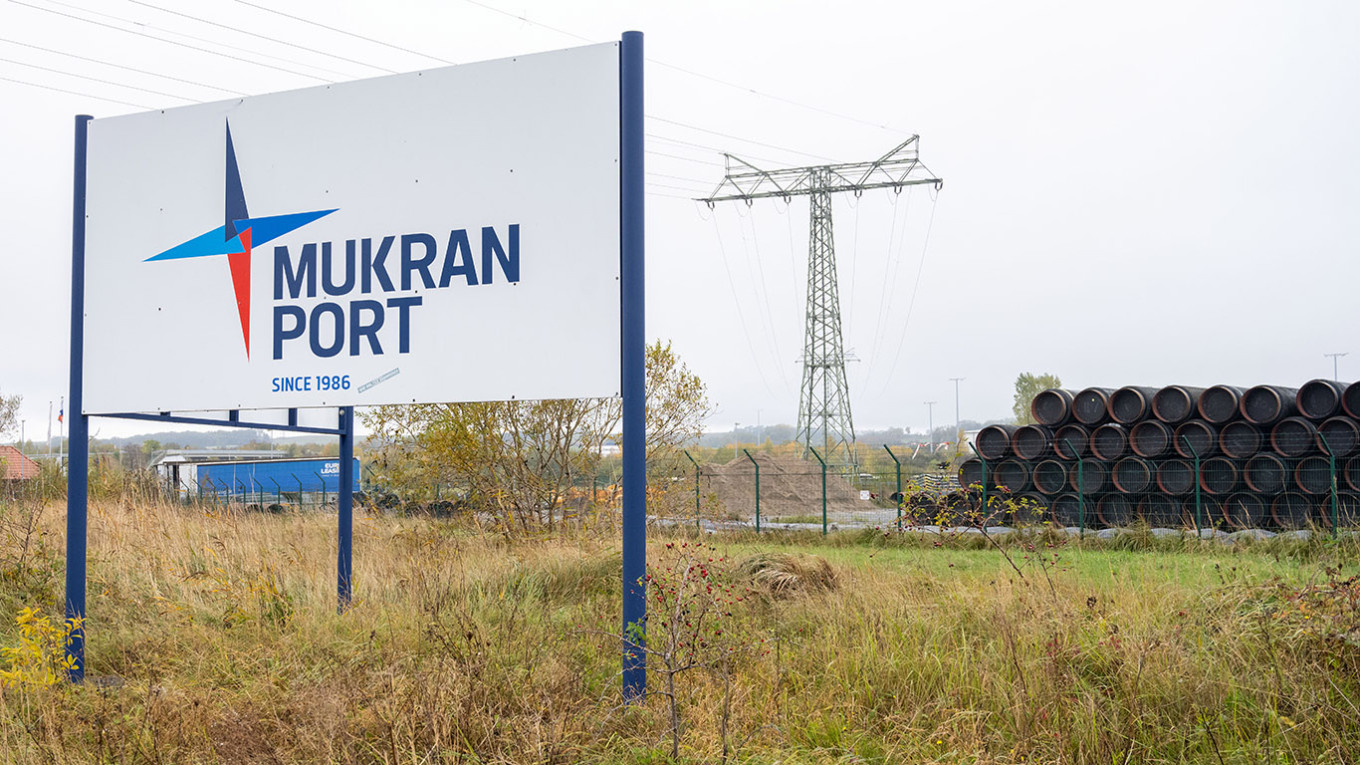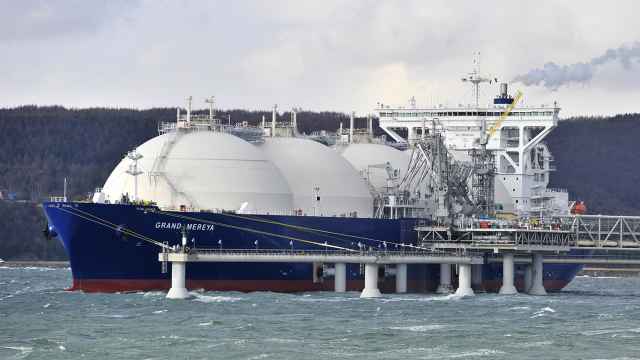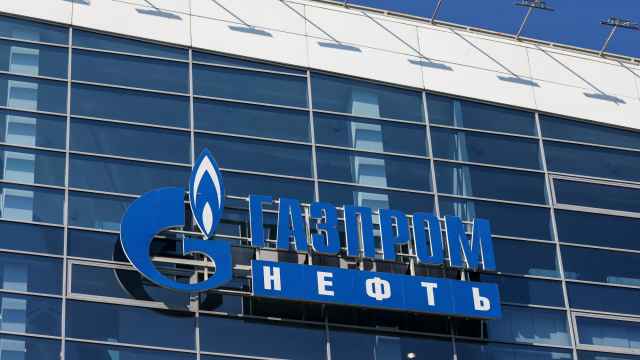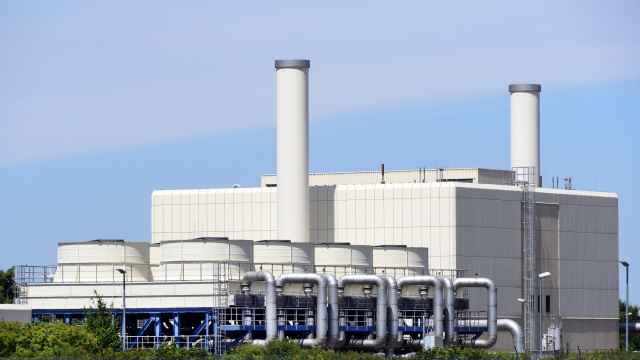German authorities are considering repurposing the Nord Stream 2 pipeline to deliver green hydrogen or natural gas from Finland, Germany's Handelsblatt daily reported Wednesday, citing sources familiar with the discussions.
Nord Stream 2, originally intended to double Russia’s direct gas supply capacity to Germany, was canceled in early 2022 ahead of Russia's invasion of Ukraine. It was left inoperative following a series of explosions in September 2022 that severely damaged both Nord Stream pipelines.
While government representatives have denied any plans to certify or restart the project, calls to restart gas deliveries via the pipeline have been growing recently.
Europe remains hooked on Russian gas and the combination of a cold winter and the end of Ukraine gas transit from Jan. 1 will put added pressure on the EU’s ability to supply itself with gas this year. Future prices for gas sales this summer have already risen strongly in anticipation of shortages.
In particular, the idea of restarting the pipeline has been suggested as a bargaining chip in the mooted ceasefire talks between Russia and Ukraine that are expected to start soon.
In the meantime, Germany is hunting for ways to improve its energy security after it was cut off from cheap Russian piped gas and chose to close down its fleet of powerful nuclear power plants.
“A new pipeline would be too expensive,” the report notes, suggesting that repurposing Nord Stream 2 could be a more pragmatic solution.
One proposed option involves constructing a separate connection from Finland, allowing hydrogen to be transported via the remaining intact pipeline sections to Germany. One of the four strands of the Nord Stream pipeline was undamaged in the bombing attack.
A German government spokesperson told Handelsblatt that while no formal discussions on resuming the pipeline have taken place, authorities “do not want to leave its future to chance.”
Denmark’s Energy Agency granted pipeline operator Nord Stream 2 AG permission to mothball the pipeline’s infrastructure in preparation for a possible restart of its operations. The decision requires workers to install specially designed plugs at each open end of the pipe “to prevent further gas leakage and the influx of oxygen-rich seawater.”
While no formal investigations have publicly attributed responsibility for the September 2022 Nord Stream explosions, the incident remains a focal point of geopolitical tensions in Europe’s energy landscape.
Media investigations have claimed that three Ukrainian citizens were suspected of blowing up the pipelines. In August 2024, Germany issued an arrest warrant in the Nord Stream bombing case for a Ukrainian national living in Poland, who escaped and fled back to Ukraine.
This article first appeared on bne IntelliNews.
A Message from The Moscow Times:
Dear readers,
We are facing unprecedented challenges. Russia's Prosecutor General's Office has designated The Moscow Times as an "undesirable" organization, criminalizing our work and putting our staff at risk of prosecution. This follows our earlier unjust labeling as a "foreign agent."
These actions are direct attempts to silence independent journalism in Russia. The authorities claim our work "discredits the decisions of the Russian leadership." We see things differently: we strive to provide accurate, unbiased reporting on Russia.
We, the journalists of The Moscow Times, refuse to be silenced. But to continue our work, we need your help.
Your support, no matter how small, makes a world of difference. If you can, please support us monthly starting from just $2. It's quick to set up, and every contribution makes a significant impact.
By supporting The Moscow Times, you're defending open, independent journalism in the face of repression. Thank you for standing with us.
Remind me later.






